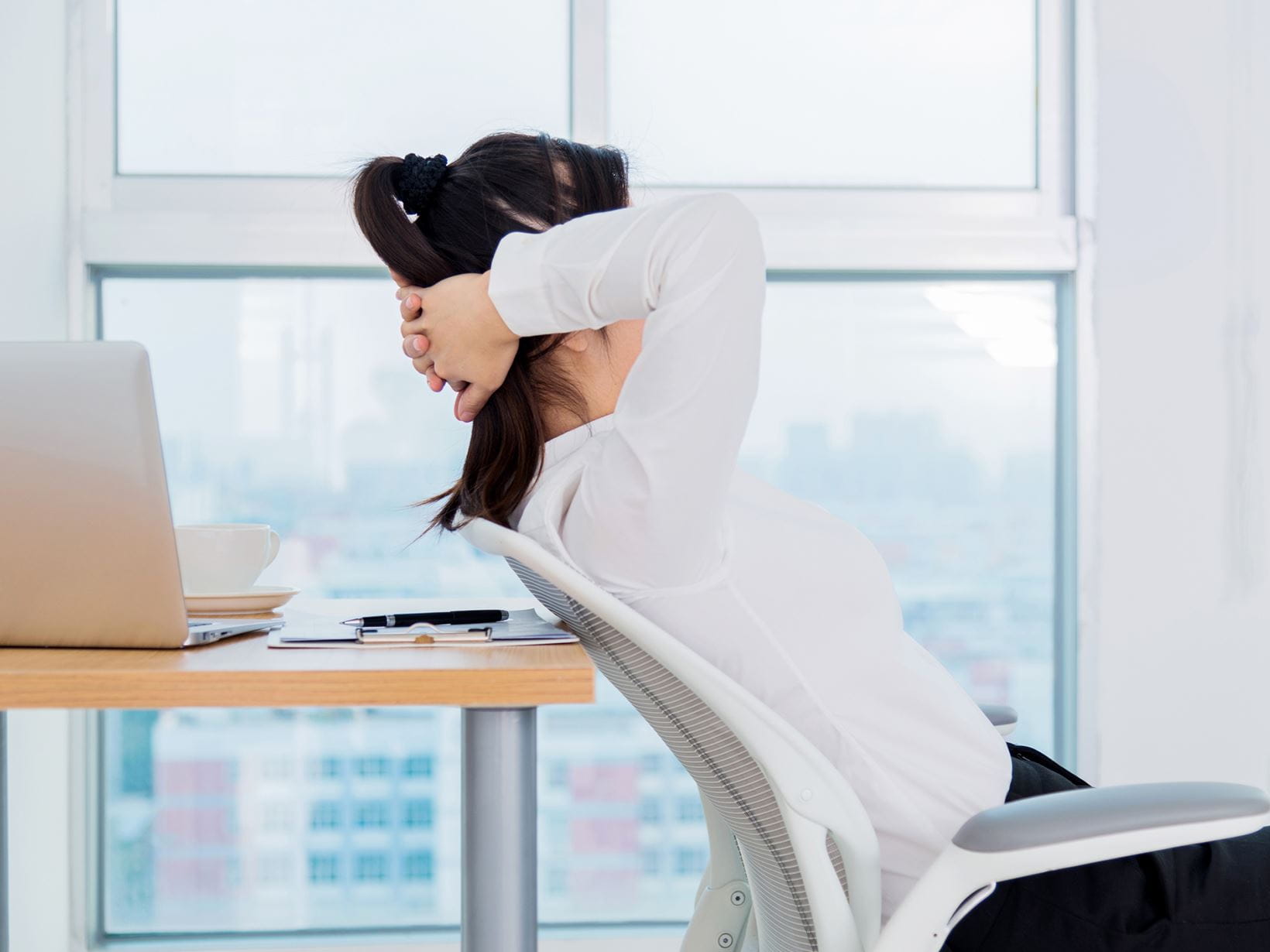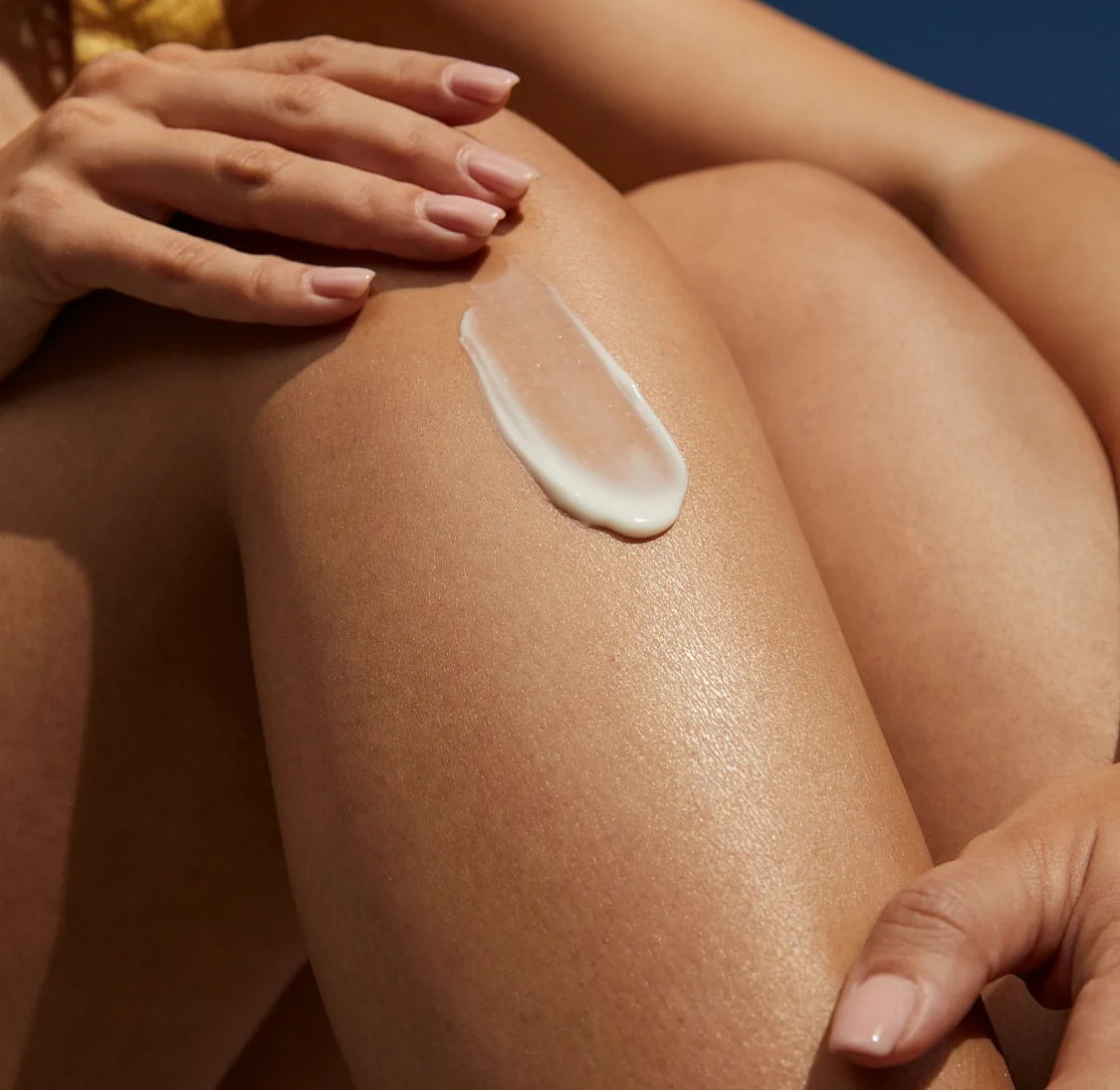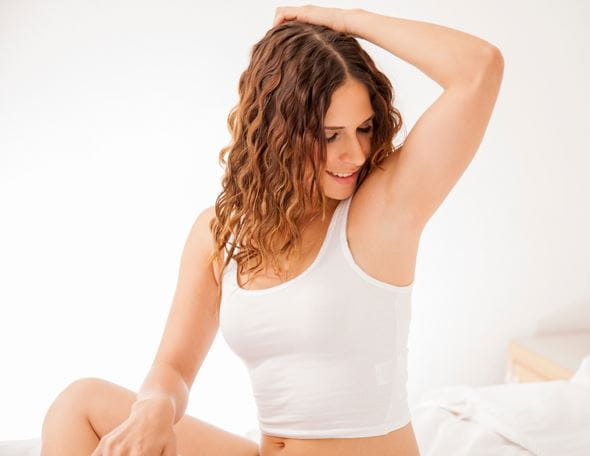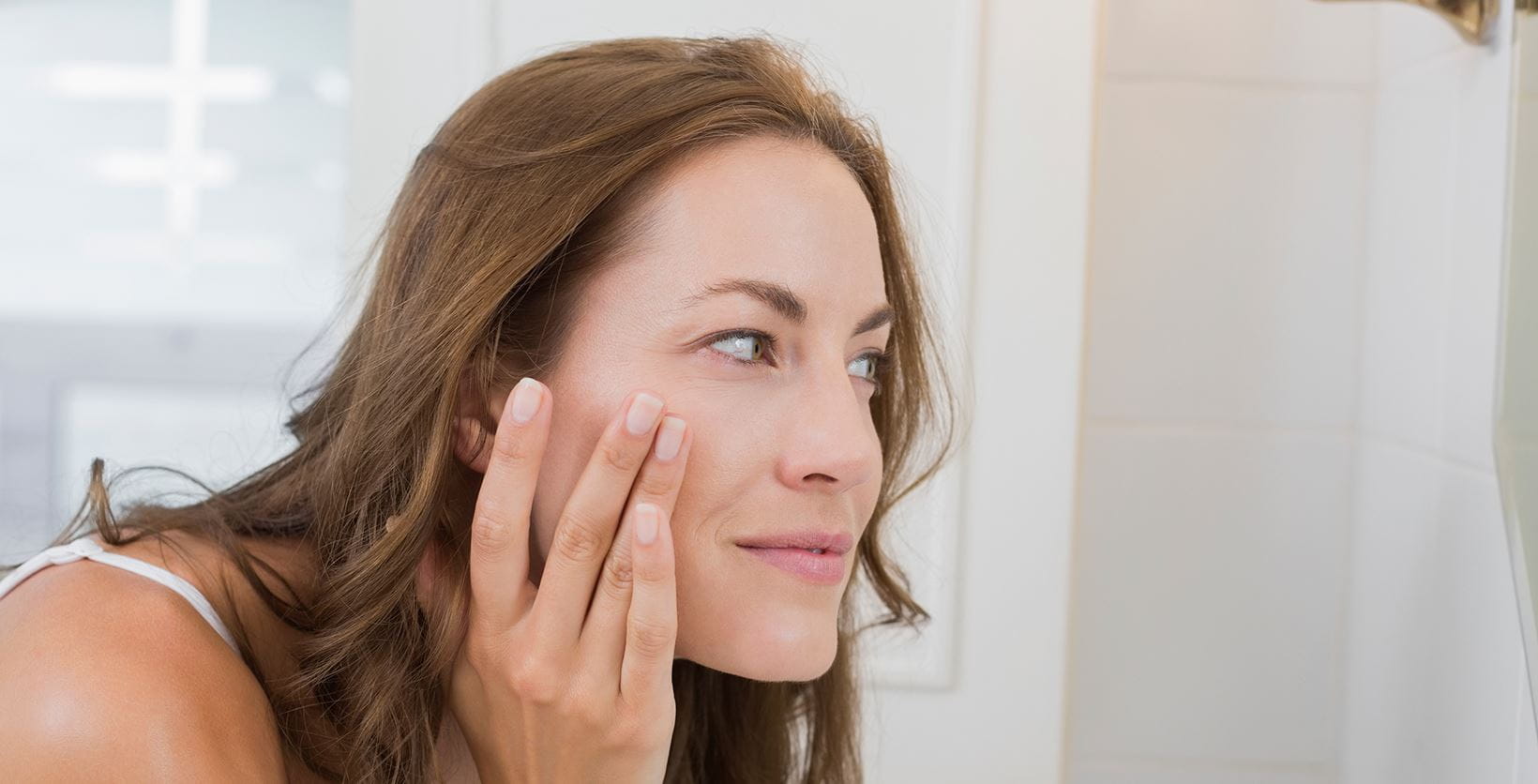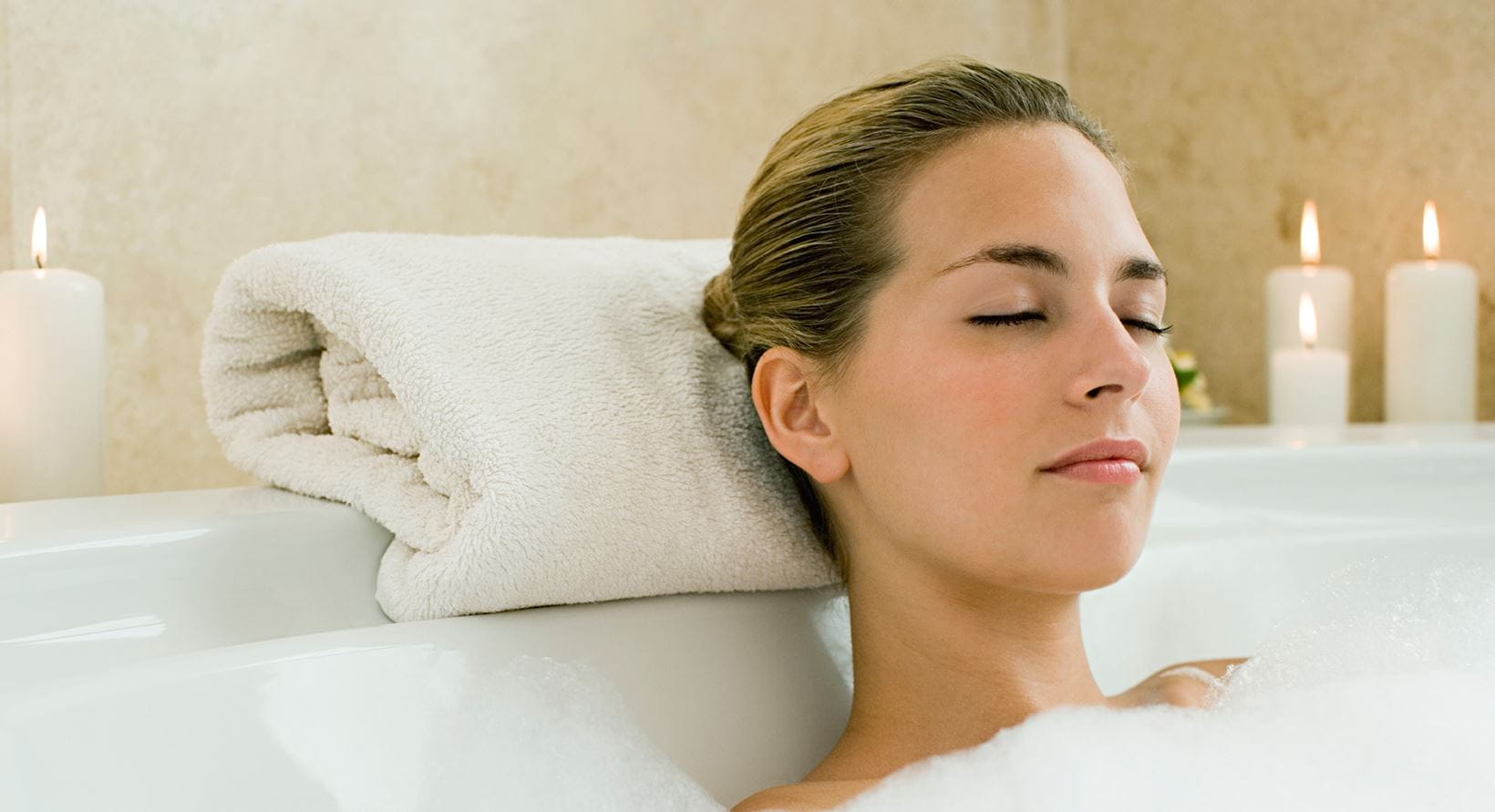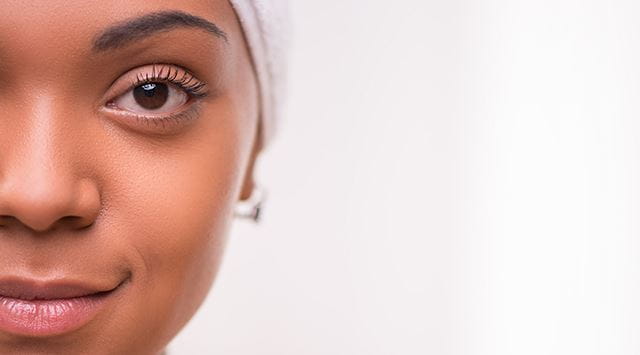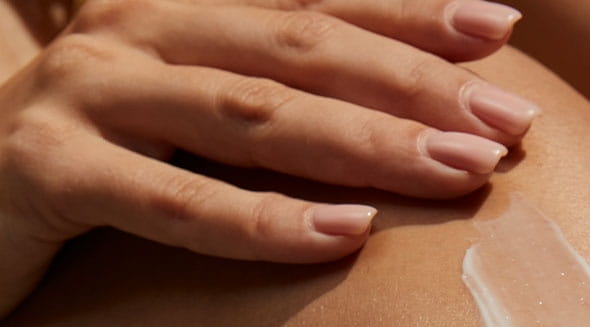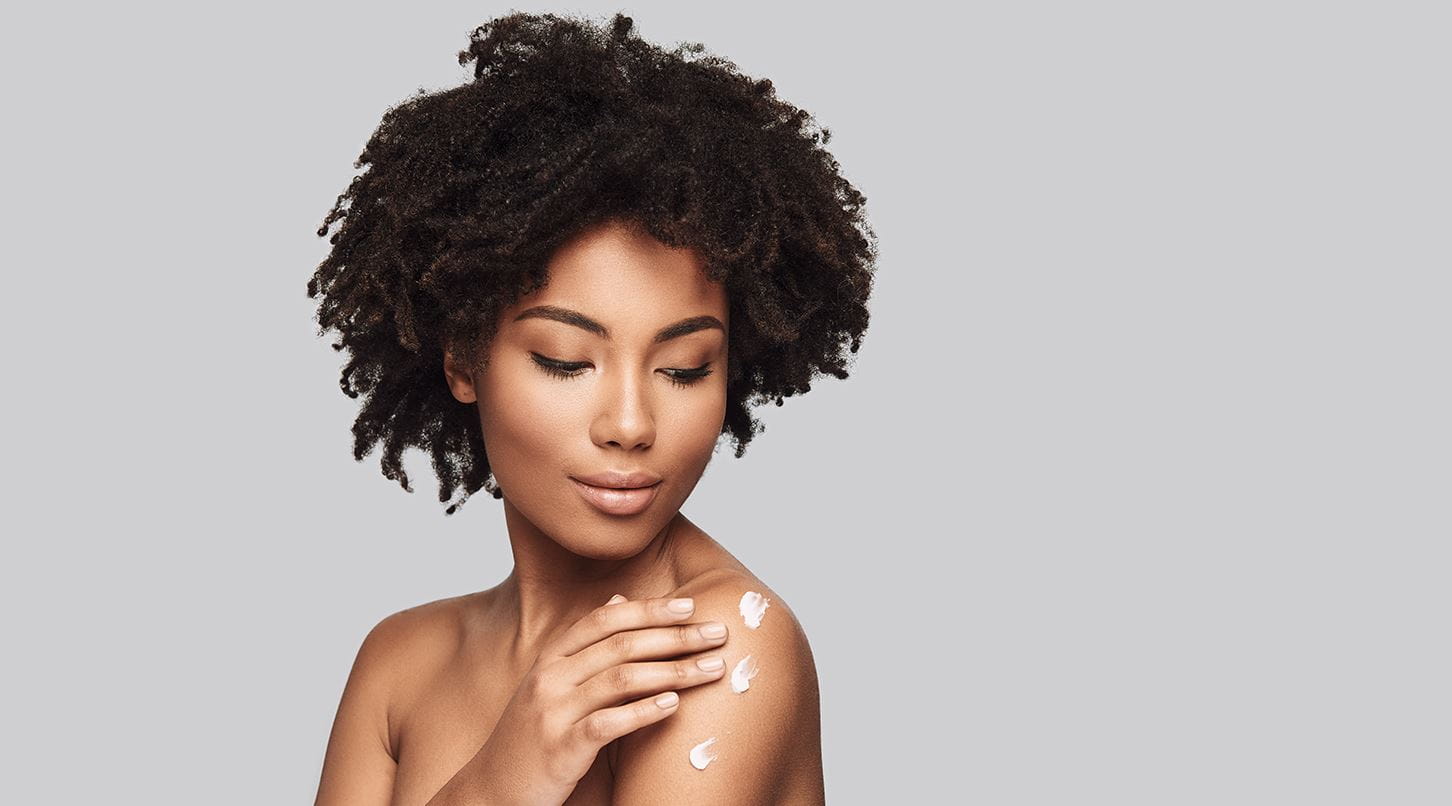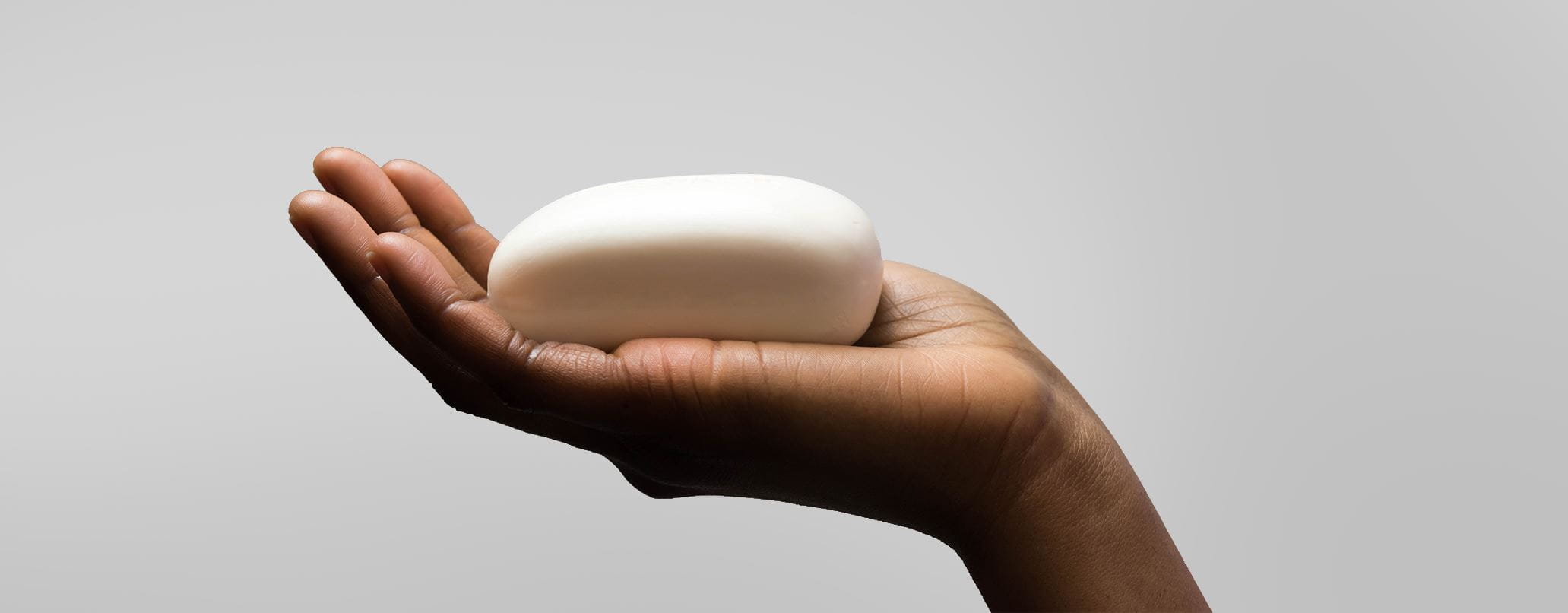
Stress Effects on Skin
Stress is bad for our health in general and is something we wish to avoid. But did you know it can have a direct impact on our skin?
Stress Effects on Skin
Stress is a part of everyday life that can be caused by events beyond our control. It effects our entire body, from our hair, nails and skin to our internal organs. It is important that we recognised the symptoms of stress and learn how to handle it in order to stay healthy.
